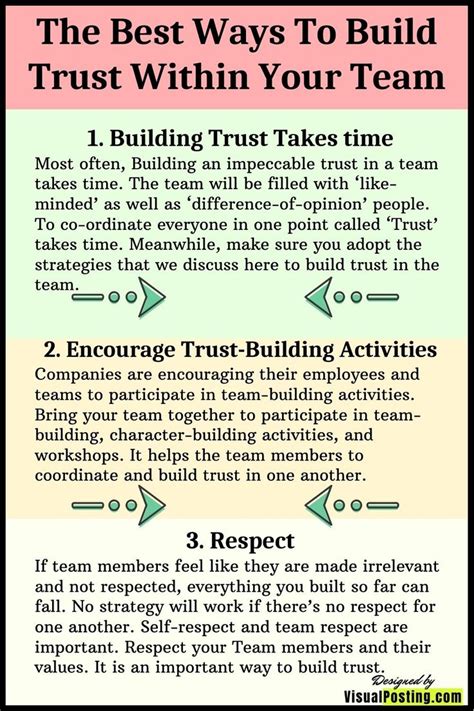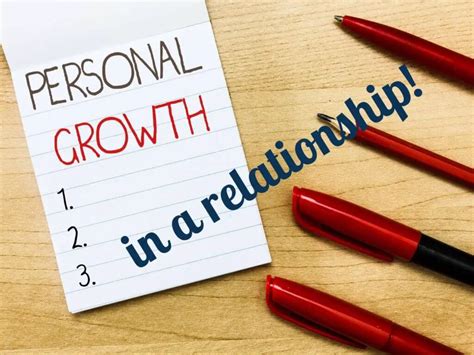Men often face the complex challenge of pursuing professional aspirations while simultaneously nurturing their romantic relationships. This delicate balancing act, if not managed thoughtfully, can lead to stress, resentment, and a weakened bond. However, with conscious effort and strategic approaches, it’s entirely possible to excel in both domains, fostering a stronger, more supportive partnership.
The Foundation of Open Communication
Effective communication is the cornerstone of any strong relationship. Men must openly discuss their career goals, aspirations, and the demands of their work with their partners. This isn’t just about informing; it’s about involving. Explain time commitments, travel, or periods of high pressure.
Equally vital is actively listening to your partner’s needs, feelings, and concerns. Do they feel neglected? Are their needs being met? A two-way dialogue ensures both parties feel heard, valued, and understood, preventing misunderstandings from festering.

Prioritizing Quality Time, Not Just Quantity
In a busy career, time becomes a precious commodity. While it might be impossible to dedicate endless hours, prioritizing quality over quantity is key. Schedule dedicated date nights, weekend getaways, or even just daily undistracted moments like cooking together or having a tech-free dinner.
These moments, however brief, are opportunities to reconnect, share experiences, and reinforce your bond. It’s about being fully present and engaged, demonstrating that your relationship remains a top priority amidst professional demands.

Sharing Responsibilities and Mutual Support
A strong partnership thrives on shared responsibilities. Men should actively participate in household chores, childcare, and managing family logistics, even if their career demands are high. This demonstrates commitment and reduces the burden on their partner, preventing one person from feeling overwhelmed or resentful.
Furthermore, offering emotional and practical support for your partner’s own aspirations – whether professional, personal, or educational – is crucial. Be their cheerleader, provide assistance when needed, and celebrate their successes as if they were your own. This reciprocal support builds a resilient team.

Cultivating Empathy and Understanding
Put yourself in your partner’s shoes. Consider their daily challenges, their need for emotional connection, and their desire for partnership. Empathy helps you anticipate needs, understand their reactions, and respond with compassion rather than frustration.
Recognise that your partner’s “needs” might not always be about practical tasks; they often encompass emotional support, validation, and feeling connected. Being attuned to these unspoken needs strengthens the emotional intimacy.

Setting Realistic Expectations and Flexibility
No relationship or career path is static. There will be periods when one aspect demands more attention than the other. Discuss and agree upon realistic expectations for periods of intense work or specific personal needs. This flexibility, built on mutual understanding, prevents conflict.
Regularly review your balance. Is it working for both of you? Are adjustments needed? Being adaptable and willing to compromise ensures that the relationship remains a dynamic, evolving entity that can navigate life’s inevitable changes together.
![Couple | [MAP] | mrhayata | Flickr](/images/aHR0cHM6Ly90czEubW0uYmluZy5uZXQvdGg/aWQ9T0lQLjdBTW91dExrU2JJS1p4U3hyU0w3VlFIYUU4JnBpZD0xNS4x.webp)
Balancing career goals with a partner’s needs is an ongoing journey that requires dedication, empathy, and constant communication. By consciously integrating these strategies, men can not only achieve their professional ambitions but also cultivate a deeply connected, supportive, and strong relationship that enriches both lives. It’s about building a partnership where both individuals thrive, together.




